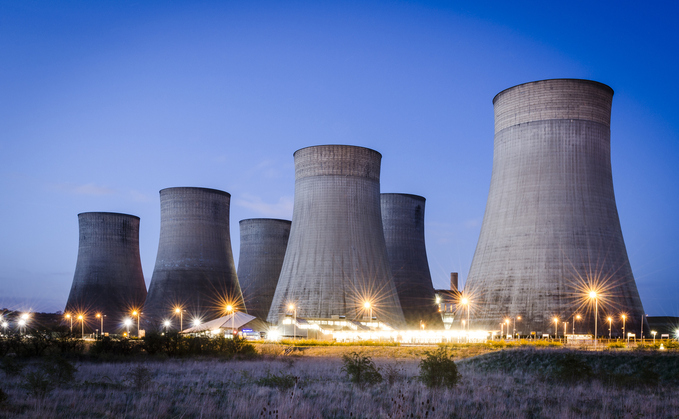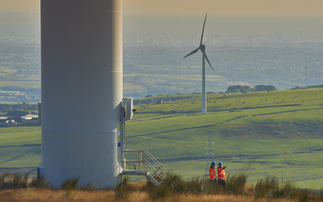
Ratcliffe-on-Soar power station - Credit: iStock
Historic moment for the UK, as the country's last remaining coal-fired power plant at Ratcliffe-on-Soar formally closes and starts two-year decommissioning process
The UK's last remaining coal-fired power plant at Ratcliffe-on-Soar in Nottinghamshire officially closes today, kickstarting a two-year decommissioning process and marking the end of almost a century-and-a-half...
To continue reading this article...
Join BusinessGreen
In just a few clicks you can start your free BusinessGreen Lite membership for 12 months, providing you access to:
- Three complimentary articles per month covering the latest real-time news, analysis, and opinion from Europe’s leading source of information on the Green economy and business
- Receive important and breaking news stories via our daily news alert
- Our weekly newsletter with the best of the week’s green business news and analysis









